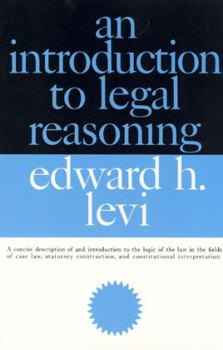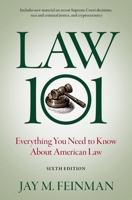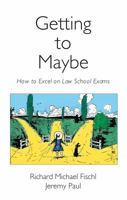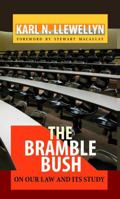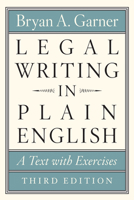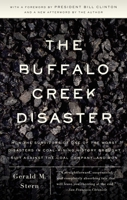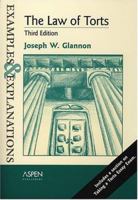An Introduction to Legal Reasoning
Select Format
Select Condition 
You Might Also Enjoy
Book Overview
Customer Reviews
Rated 5 starsGreat reading!
You'll love this book - it makes you feel like you are back in law school again!
0Report
Rated 5 starsA Great Read
I appreciate Edward Levi's attention to detail. This book definitely goes beyond the standard textbook in terms of putting together a guide that is both interesting to read and informative. I'd recommend it to anybody in my situation, planning to attend law school, or even to practicing attorneys in need of a handy, compact reference guide to the basics.
0Report
Rated 5 starsLaw of the land
The power to determine the law of the land resides within every citizen of the country by means of electing the officials they choose and the judicial system only upholds the law. The citizens of a country elect their leaders and once elected they are enshrined with the right to uphold the economic and political stability but any improper actions of a government should be corrected by means of the judicial process rather than...
0Report
Rated 5 starsambiguity made clear
Legal reasoning is famously ambiguous: there's no objective way to determine the outcome of a given case as there is with a physics problem. If you know the weight of an item and the height from which it drops, you are able to determine fairly objectively (i) the rate at which it will fall to the earth and (ii) the time it will take to fall to the earth from the point at which it is dropped. Law, unfortunately, is not so...
0Report
Rated 4 starsGreat, quick read of the process of legal analysis.
In this book Levi gives an overview of the process of legal analysis and demonstrates how legal "rules" are made. The book consists of primarily 3 parts. In the first part Levi demonstrates the process of legal reasoning in case law situations by tracing the history and development of the "inherently dangerous" rule. The second part is an examination of statutory interpretation, specifically the Mann Act. Finally,...
0Report











